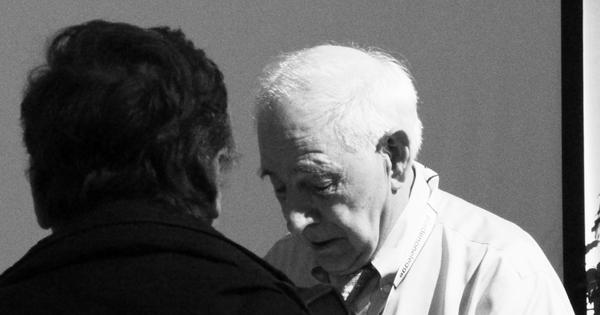Exploring John Searle’s profound impact on philosophy amidst recent controversies surrounding his personal life.
John Searle, a prominent American philosopher, passed away on September 17, 2025. Renowned for his insightful contributions to the philosophy of the mind and language, Searle’s career was both influential and complex, marked by his remarkable clarity in writing and rigorous analytical approach. His philosophical journey, however, ended under the weight of allegations of sexual misconduct, casting a shadow over his legacy.
In an era dominated by advancements in artificial intelligence, Searle’s work remains particularly relevant. He posed critical questions about whether machines can truly ‘think’ or comprehend their actions. This inquiry gained prominence with his famous Chinese Room Argument, introduced in the 1970s. In this thought experiment, Searle illustrated that a person could manipulate Chinese symbols without understanding their meaning, emphasizing the distinction between syntax and semantics. This idea challenged the notion that computational processes can lead to genuine understanding.
Searle’s contributions to the understanding of language were significant, particularly through his work on speech acts. He expanded upon the ideas of his mentor, J.L. Austin, by arguing that language serves not only to convey information but also to perform various actions, such as promising or commanding. His reinterpretation of speech act theory gained traction across multiple fields, including law and gender studies, and laid the groundwork for his later explorations into social ontology.
In the mid-1990s, Searle brought social ontology into philosophical discourse, tackling the question of how we can establish an objective social reality comparable to the physical world. He proposed that social facts, such as money and marriage, emerge from collective intentionality—where individuals agree to recognize something as valid within a specific context. This idea presented a new lens through which to view social constructs and their implications.
Within the philosophical community, Searle’s commitment to clarity often placed him at odds with the more obscure tendencies of continental philosophy. His infamous debate with Jacques Derrida in 1977 exemplified this tension, as Searle accused Derrida of embracing obscurantism. Throughout his career, Searle advocated for clear and accessible philosophical writing, famously stating that if one cannot express an idea clearly, it indicates a lack of understanding.
Born in Denver to a doctor and a business executive, Searle’s academic journey flourished at Oxford, where he was influenced by philosophical giants. His activism during the Free Speech Movement at the University of California, Berkeley, showcased his engagement with social issues, although his later years were marred by controversy following the university’s findings of his misconduct. After being stripped of his emeritus status, Searle’s health declined significantly, leading to a difficult final chapter in his life.
The complexities of Searle’s life and career prompt reflection on the narratives we choose to remember. While his fall from grace is a significant aspect of his story, it is essential to acknowledge his profound impact on philosophy, particularly in the realms of cognitive science, language, and social ontology. As future generations engage with his work, it is hoped that they will recognize both his intellectual contributions and the lessons learned from his personal controversies.








